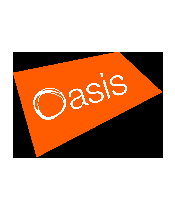
|

|
|
9167409446 http://www.oasisindia.org/ vishwas.Udgirkar@oasisindia.org |
| Project Name | Aruna Drop in centre | ||||||||||||
| Amount Utilized (INR) | 25500 | ||||||||||||
| Project Description | Pragati Nagar, located in Nallasopara East, Mumbai, is a densely populated area characterized by significant socio-economic challenges. The locality faces issues such as inadequate drainage facilities, poor road infrastructure, lack of organized garbage disposal systems, and unreliable water supply, lack of medical services. These deficiencies contribute to a substandard living environment for its residents.The community operates under a male-dominated culture, with many men and youth involved in the drug trade and consumption. A notable presence of Nigerian nationals is involved in the buying and selling of various substances, leading to concerns about safety and law enforcement. Additionally, a significant number of women, eunuchs and young girls work as prostitutes within the area and also travel to other parts of Mumbai. Many children and youth engage in rag-picking, to support basic need of the family at the expense of their education and well-being. Many of the children and youth are abused and gone missing. Many children have never been to school | ||||||||||||
| Locations | Thane > Maharashtra (MH) | ||||||||||||
| Causes | Education & youth opportunity > Remedial education | ||||||||||||
| Beneficiary Group | Children,Women | ||||||||||||
| Beneficiary Description | Pragati Nagar in Nallasopara East, Mumbai, is a densely populated community facing severe socio-economic challenges. The area suffers from inadequate drainage, poor road infrastructure, unreliable water supply, limited medical services, and a lack of organized waste disposal, creating an unhealthy and unsafe living environment. The community is predominantly male-dominated, with many men and youth involved in the drug trade and consumption. A notable presence of foreign nationals engaged in buying and selling substances has raised concerns over safety and law enforcement. Women, eunuchs, and young girls face heightened vulnerability, with many involved in prostitution both locally and in other parts of Mumbai. Children and youth are often compelled to work as rag-pickers to support basic family needs, sacrificing their education and well-being. Many have never attended school, and cases of abuse, neglect, and missing children are common. The project aims to support these marginalized groups, focusing on education, protection, health, and empowerment to break cycles of poverty, exploitation, and neglect, and to create safer, healthier futures for the entire community. | ||||||||||||
| Impact | a) Successfully enrolled 19 children in school, with ongoing follow-up indicating that they are attending regularly and performing well in their academic and social development. Eleven students successfully passed their academic year and progressed to the next grade. b)25 children demonstrated noticeable improvement in personal hygiene, behaviour, communication, confidence, writing skills, and social interaction following their participation in life skills sessions and events such as Sports Day, Mother’s Day, Earth Day, and other community activities. Many children who previously used inappropriate language have shown positive behavioural change and no longer use such language, reflecting improved communication and social conduct. c) Nine youth successfully completed the computer course, with four exhibiting significant positive behavioural changes. All are actively engaged as change agents, supporting Oasis-led events and community activities. Eight have chosen to continue their studies, while one is preparing to enter the workforce, reflecting increased motivation and future-oriented planning. d) By the end of the program, 16 women graduated, achieving notable success. Two graduates’ secured positions as tailoring trainers at a local NGO, while three others established their own home-based tailoring businesses. The remaining graduates balanced their studies with part-time tailoring jobs, also operated from home. | ||||||||||||
Activities Conducted
| |||||||||||||
| Project Name | Kalwa community | |||||||||
| Amount Utilized (INR) | 34905.6 | |||||||||
| Project Description | The Community Empowerment Project is in its fourth year, building on its past efforts. It concentrates on local leadership, social harmony, employment, healthcare, and environmental issues, aiming to involve everyone in the community. The team is dedicated to addressing challenges like youth employment, sanitation, and preventing human trafficking. They work tirelessly to find solutions and create a better community for everyone. Additionally, attention is given to empowering women through the Tailoring Training Center, where 60 young girls and women have successfully completed a 4-month basic tailoring training course. This initiative not only imparts valuable skills but also promotes gender equality by enabling women to enhance their talents and gain economic independence. Through these training programs, women and young girls are equipped with the knowledge and expertise needed for personal and professional growth. Educational and tuition support programs have been implemented, making education more possible for those in need. These activities aim to remove financial barriers, allowing students to access quality education and pursue further education. In addition, over 100 students have been successfully supported through the After School Program. | |||||||||
| Locations | Thane > Maharashtra (MH) | |||||||||
| Causes | Education > Non formal education,Health > Awareness & advocacy | |||||||||
| Beneficiary Group | Children,Women | |||||||||
| Beneficiary Description | 100 children 6 to 15 yrs 60 women 21 + years | |||||||||
| Impact | A) After School Program 75% of adolescent boys & girls from vulnerable backgrounds in After school programs succeed in schools with improved academic performance. 65 students have shown notable improvement in their studies, while 25 are making progress, and 10 require additional support. Group counselling sessions focusing on positive values were organized for ASP students, involving 70 adolescents. B) Increased economic opportunities for adolescents trained in vocational skills by 75% A total of 60 women successfully completed the vocational skill program across two batches. ( tailoring ) . | |||||||||
Activities Conducted
| ||||||||||
| Project Name | HGH Bangalore | ||||||
| Amount Utilized (INR) | 69000 | ||||||
| Project Description | Being densely packed, with common water taps and an impracticality of social distancing, seemed particularly vulnerable to the health and economic effects of the pandemic. With fewer alternative support and resources, these communities have greatly experienced a great burden on health, economy and on Children’s education. The slum communities we work with are families from the low income groups - daily wage labourers, sanitation workers, auto drivers, the daily wage labourers and those working in the informal sector and unorganized sectors. In keeping the safety and security of the beneficiaries, Oasis India is ensuring that these families have access to good nutrition, education, healthcare and essential services. | ||||||
| Locations | Bangalore Urban > Karnataka (KA) | ||||||
| Causes | Income > Skilling & vocational training | ||||||
| Beneficiary Description | Youth 18-24 | ||||||
| Impact | Computer training Courses The project focussed on empowering the adolescent girls in the community by means of introducing basic computer skills and communicative English so that they are enabled to become contributing members in their family while alongside facilitating life skills in the spectrum of leadership and social competencies that would enable them to take informed decisions in life. It also aims to empower people by training them to operate computers or digital access devices like tablets, smartphones, etc. | ||||||
Activities Conducted
| |||||||
